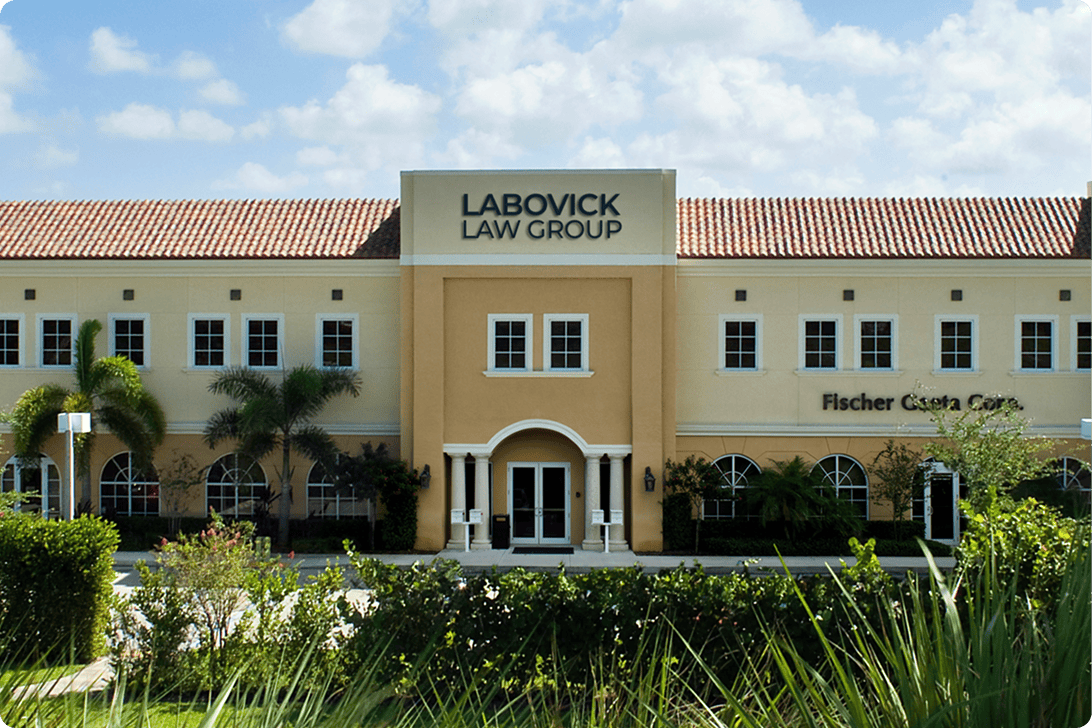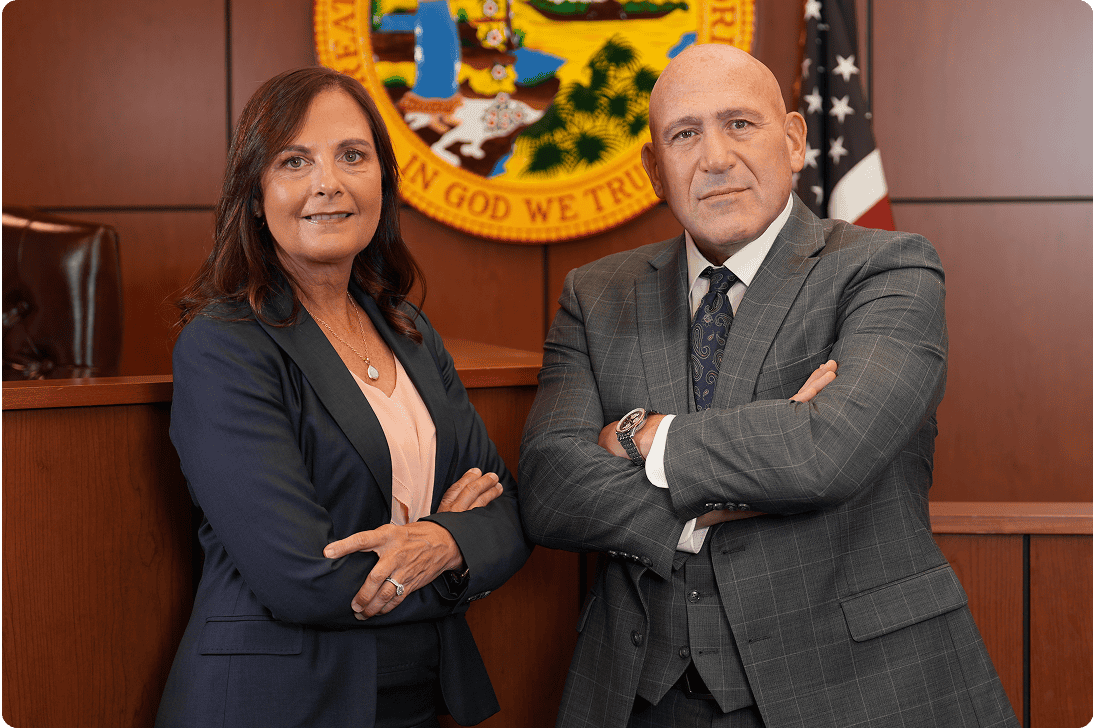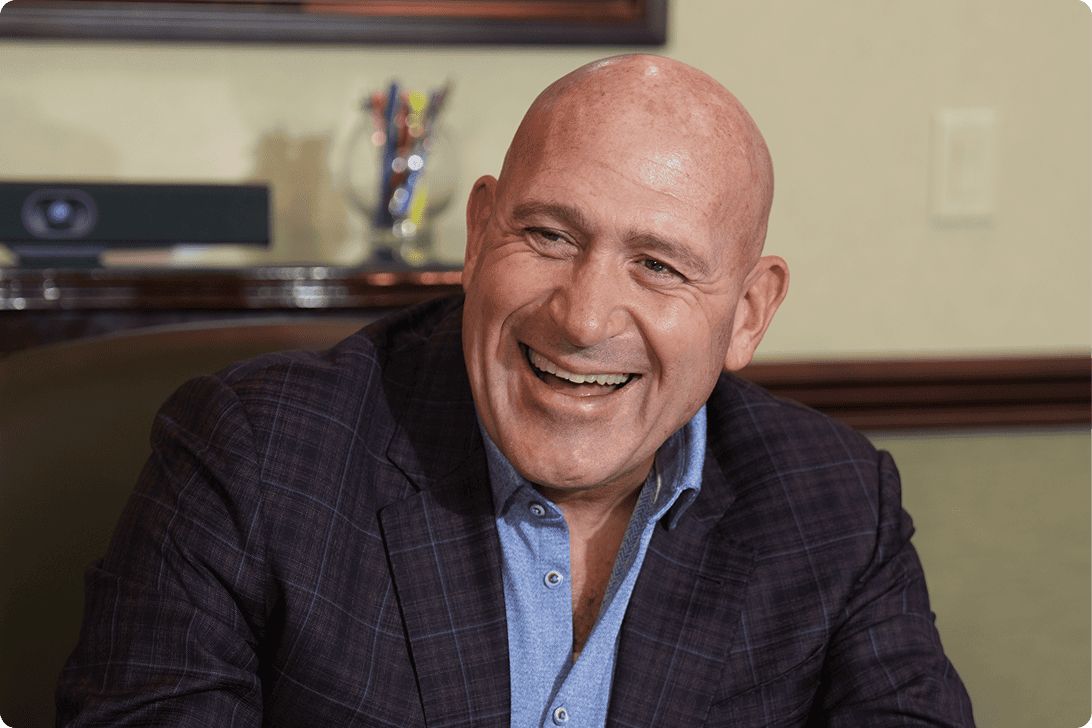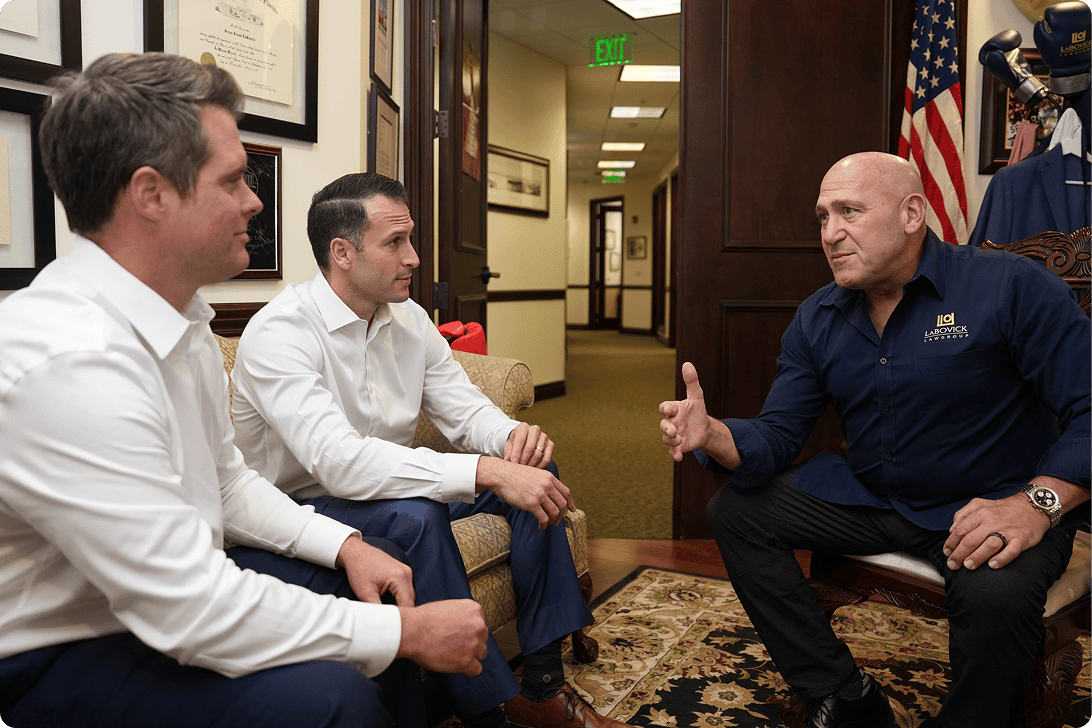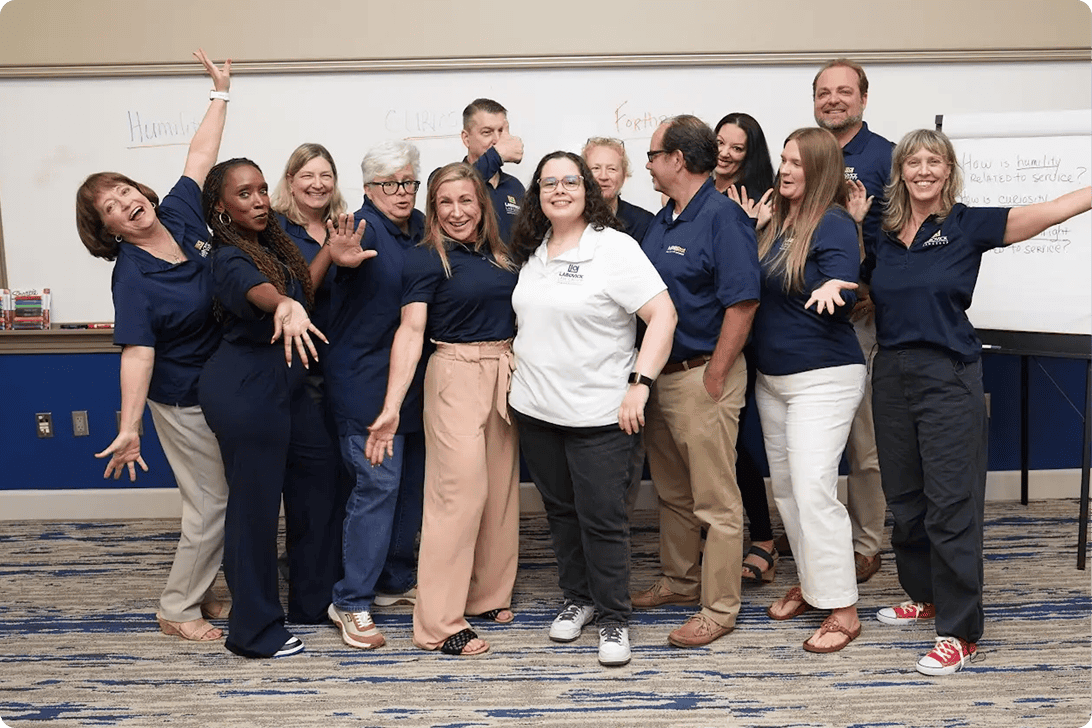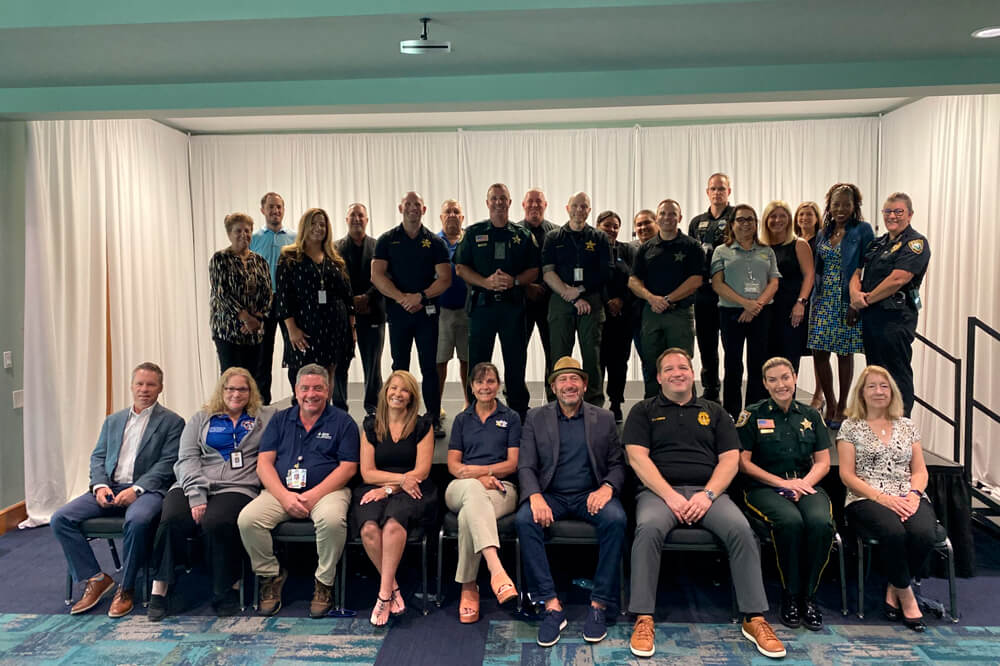Understanding the Issue of Nursing Home Abuse
Nursing home abuse represents a critical societal problem, especially within Jacksonville. To effectively confront such unfortunate incidents, it’s important to understand the nature of this issue and how to respond effectively.
Comprehensive Definition of Nursing Home Abuse
Nursing home abuse involves a wide spectrum of harmful behaviors towards elderly individuals in care facilities. These behaviors can take multiple forms.
Physical Abuse in Nursing Homes
Physical abuse encompasses any intentional actions that cause injury, pain, or discomfort. Common instances include hitting, pushing, or slapping, or the inappropriate use of restraints.
Emotional Abuse in Nursing Homes
Emotional abuse refers to actions that cause emotional pain, distress, or mental suffering. Examples include verbal assaults, threats, humiliation, or regular blaming.
Sexual Abuse in Nursing Homes
Sexual abuse entails any non-consensual sexual actions directed towards residents. The severity of this abuse type lies not just in the act itself, but also in the blatant violation of personal integrity.
Neglect in Nursing Homes
Neglect occurs when caregivers fail to provide for the resident’s essential needs. This negligence can relate to aspects such as food, personal hygiene, medical attention, or social interaction.
Financial Exploitation in Nursing Homes
Financial exploitation involves the unauthorized or illegal use of a resident’s financial resources or assets. It can manifest in the form of theft, forgery, misuse of funds, or manipulation of the resident to undertake unfavorable financial transactions.
Recognizing Nursing Home Abuse: Warning Signs and Indicators
Detecting nursing home abuse can be challenging. However, several warning signs can indicate potential mistreatment.
Physical Signs of Abuse
- Unexplained injuries such as bruises, cuts, burns, or fractures.
- Frequent visits to the emergency room or doctor.
- Signs of restraint, such as marks on wrists or ankles.
Emotional and Behavioral Indicators
- Sudden changes in behavior or mood, like increased agitation, withdrawal from activities, or reluctance to communicate.
- Apparent fear or discomfort around certain staff members.
- Unusual behaviors, often signs of trauma, like mumbling, thumb-sucking, or rocking.
Signs of Neglect
- Unusual weight loss, dehydration, or malnutrition.
- The presence of bedsores or other untreated medical conditions.
- Poor personal hygiene, dirty clothing, or unclean living conditions.
Indicators of Financial Exploitation
- Unusual financial transactions, sudden changes in banking patterns, or unexplained withdrawals.
- The disappearance of personal belongings or valuables.
- Unauthorized changes in wills, property deeds, or power of attorney.
What to Do When You Suspect Nursing Home Abuse
If you suspect that your loved one is a victim of nursing home abuse, it is crucial to act promptly and wisely. A Jacksonville nursing home abuse lawyer can guide you through the necessary steps, ensuring your loved one’s safety while protecting their legal rights.
Steps to Take Immediately After Suspecting Abuse
- Secure the immediate safety of the victim by addressing any urgent health concerns.
- Document any signs or evidence of abuse, such as photographs of injuries, or accounts of interactions with the abusive staff.
- Report the abuse to local law enforcement and adult protective services.
Reporting Nursing Home Abuse in Jacksonville: Who to Contact
- Local law enforcement, especially when the abuse is immediate or life-threatening.
- Florida Department of Elder Affairs for local resources and support.
- Long-Term Care Ombudsman Program to advocate for the rights and well-being of nursing home residents.
Documenting Evidence of Abuse
A solid trail of evidence plays a critical role in the success of a legal case. Your Jacksonville nursing home abuse lawyer will guide you in properly documenting evidence. This can include photographs of injuries, medical records, financial statements, and witness testimonies.












